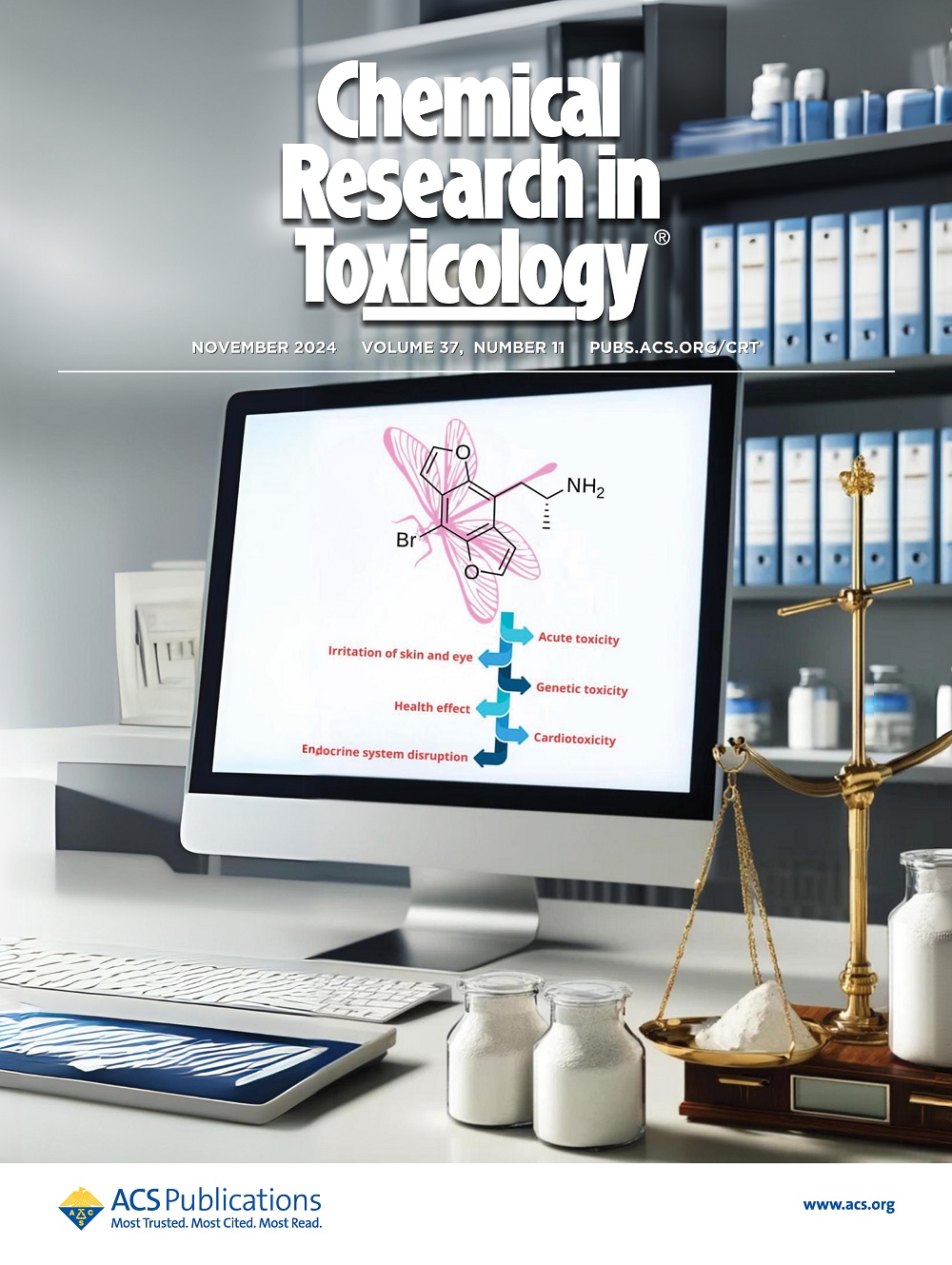Advances in Toxicological Research of the Anticancer Drug Cisplatin
Abstract
Cisplatin is one of the most widely used chemotherapeutic agents for various solid tumors in the clinic due to its high efficacy and broad spectrum. The antineoplastic activity of cisplatin is mainly due to its ability to cross-link with DNA, thus blocking transcription and replication. Unfortunately, the clinical use of cisplatin is limited by its severe, dose-dependent toxic side effects. There are approximately 40 specific toxicities of cisplatin, among which nephrotoxicity is the most common one. Other common side effects include ototoxicity, neurotoxicity, gastrointestinal toxicity, hematological toxicity, cardiotoxicity, and hepatotoxicity. These side effects together reduce the life quality of patients and require lowering the dosage of the drug, even stopping administration, thus weakening the treatment effect. Few effective measures exist clinically against these side effects because the exact mechanisms of various side effects from cisplatin remain still unclear. Therefore, substantial effort has been made to explore the complicated biochemical processes involved in the toxicology of cisplatin, aiming to identify effective ways to reduce or eradicate its toxicity. This review summarizes and reviews the updated advances in the toxicological research of cisplatin. We anticipate to provide insights into the understanding of the mechanisms underlying the side effects of cisplatin and designing comprehensive therapeutic strategies involving cisplatin.





